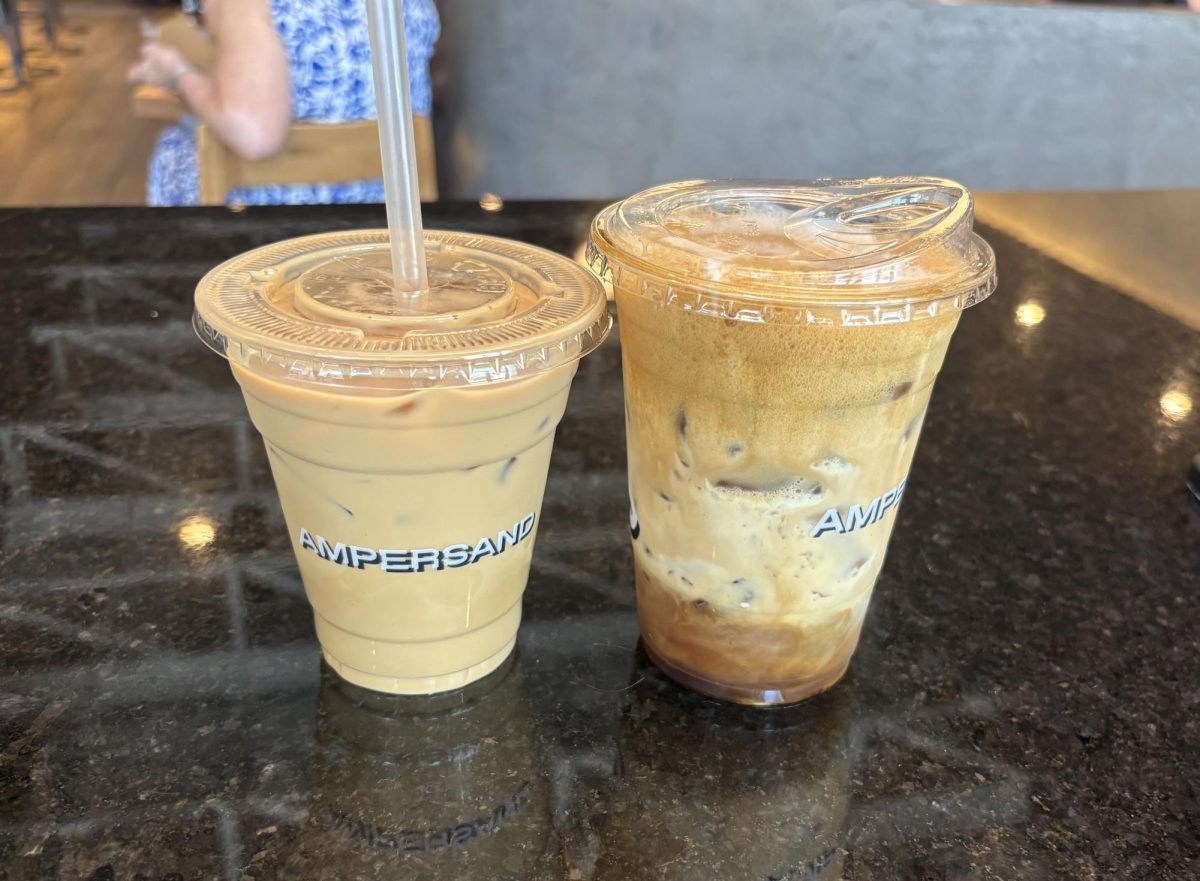
- Fort Worth has a creative director in the CVB, Tom Martens, who acts as a liaison between the city and musicians looking for opportunities.
- The CVB created Hear Fort Worth in 2016 to advise musicians about events and resources, pinpoint the needs of the music community and promote music in the city.
- Fort Worth has started to study the economic impact of music in the city, first by detailing a list of businesses and industry professionals that it shares with the TMO twice yearly. The TMO updates its database of music venues and businesses with this information.
Anthony, who is also on the advisory board for Hear Fort Worth, said he’s played in Fort Worth before and knows the venues well. “I know that there are very successful venues in Fort Worth; there are successful musicians,” he said. “It’s a thriving scene and it has been for a long, long time. But their city’s also done a really good job of supporting those folks.” The CVB arranged for Spencer’s band to play at South by Southwest two years ago, after the band had “tried for years to get on with the conference, and we couldn’t get through all the red tape,” Spencer said. This summer, the band played in London, the UK, as part of the Texas Music Takeover. It was Spencer’s first time out of the country, he said. “It was amazing to get to pick up a guitar and play songs that I wrote here in Fort Worth and about Fort Worth to a bunch of people who are literally across the world,” he said. While Spencer was overseas, singer-songwriter Deanna Valone picked up her electric guitar to record songs on YouTube in her home studio. The jazz-inspired singer doesn’t have a record deal, but she said she enjoys playing in coffee shops and other quiet venues across the city. “I’m still cracking the code as a musician,” she said. “I’m a one-person operation right now.” Before recording her original songs, Valone wrote songs for a musical theater in Dallas, directed music for three productions and played as a guitarist in a band. She said artists in Fort Worth need more venues that are meant for and promote music. “If there were more places able to foster, host in an attractive setting and more people willing to invest in music in this town, people that are able to rather than artists just trying to support each other, we would be in really good shape,” she said. Valone said she was recently encouraged by Hear Fort Worth’s work in the city when she met a representative who told her she could get registered on the list of artists they were compiling. “Two heads are better than one, and if that’s a singular musician’s head put together with the [Texas Music Office] or Hear Fort Worth, then I think more could be done,” she said. Anthony said the Texas “music friendly community” initiative will provide more clear communication among artists and city leaders and give voice to their needs. “There will be ideas on how to help the creative class make more money, have a sustainable living that can be shared among these different communities, and not just in Texas,” he said. Spencer said the city’s earned designation as the “first music friendly community” in Texas made him proud to be a Fort Worth resident. “For a guy that wasn’t born here but have lived here now for almost six years, I think it says a whole lot because the city is kind of literally putting its money where its mouth is.”



